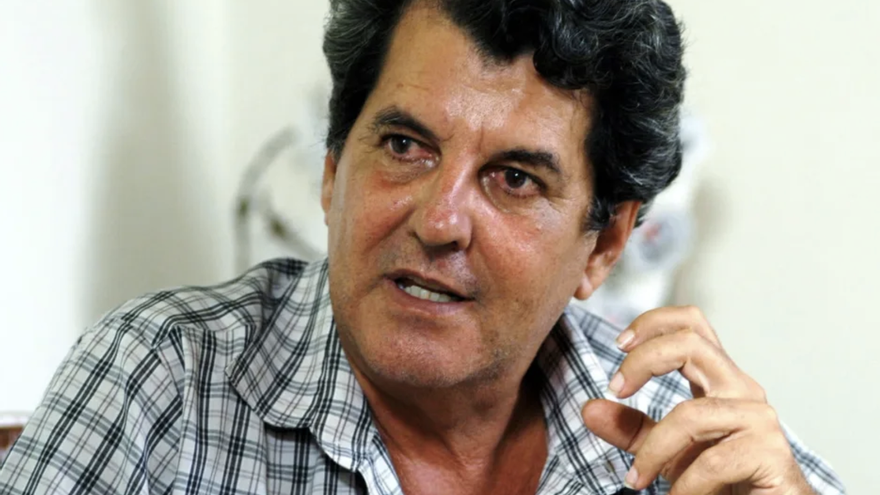
![]() EFE (via 14ymedio), Miami, 14 July 2022 — Cuban opposition leader Oswaldo Payá, who died 10 years ago this month, will have a street with his name in Miami on the initiative of two commissioners (councilmen) from Miami Dade, as reported by the Payá family to different media.
EFE (via 14ymedio), Miami, 14 July 2022 — Cuban opposition leader Oswaldo Payá, who died 10 years ago this month, will have a street with his name in Miami on the initiative of two commissioners (councilmen) from Miami Dade, as reported by the Payá family to different media.
The inauguration of Oswaldo Payá Sardiñas Way, which will cover the stretch of LeJeune Avenue between 11th and 14th streets northwest in Miami, will take place on July 21, the eve of the tenth anniversary of his death.
The Payá family has denounced to international organizations, including the Inter-American Commission on Human Rights (IACHR), the Cuban State as responsible for the death of the leader of the Christian Liberation Movement.
The bill sponsored by Miami-Dade Commissioners Rebeca Sosa and José Pepe Díaz to give a street in Miami the name of Oswaldo Payá received the support of the governor of Florida, Ron DeSantis, among other elected officials.
Payá’s family hopes that this designation will prompt federal legislators to approve a bill that assigns the name of the late opposition leader to the street of the Cuban embassy in Washington.
The bill was presented last March in the lower house of Congress by Republican Rep. Mario Díaz-Balart and a group of congressmen of Cuban origin, both Democrats and Republicans.
A similar bill sponsored by Ted Cruz and Marco Rubio, Republicans of Cuban origin, was approved in the Senate in 2021.
In addition to being the leader of the Christian Liberation Movement, Payá was the promoter of the Varela Project, a signature collection campaign carried out starting in 1998 in support of the presentation of an initiative to the Cuban Congress to recognize the rights of the Cuban people.
Payá died along with fellow opponent Harold Cepero in a car crash in Cuba on July 22, 2012. The driver of the car, the Spanish politician Ángel Carromero, was accused by the Cuban justice system of reckless driving and was imprisoned in Cuba, but, by an agreement between governments, he didn’t serve his entire sentence on the island.
“The truth is that they were killed by state security agents on orders that could only be dictated by Fidel or Raúl Castro,” stressed Rosa Maria Payá Acevedo, Payá’s daughter, who is at the head of the Cuba Decide movement, in statements made last March on the occasion of the presentation of a documentary about her father.
The Robert F. Kennedy Center handles the case and represents Payá’s family in the lawsuit filed against the Cuban State before the IACHR along with Harold Cepero’s relatives.
In a virtual hearing held on December 14, 2021, Carromero, of the conservative People’s Party, said that throughout the trip they were watched by State Security vehicles that followed them; one of them forced them off the road with a blow that caused the collision.
Translated by Regina Anavy
____________
COLLABORATE WITH OUR WORK: The 14ymedio team is committed to practicing serious journalism that reflects Cuba’s reality in all its depth. Thank you for joining us on this long journey. We invite you to continue supporting us by becoming a member of 14ymedio now. Together we can continue transforming journalism in Cuba.
